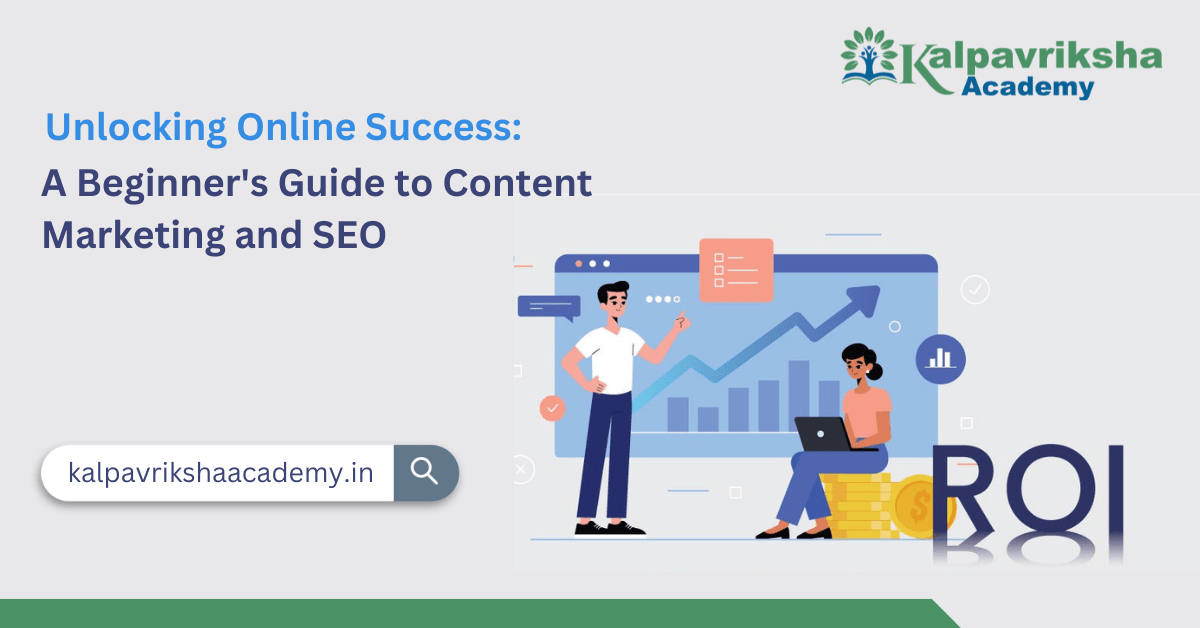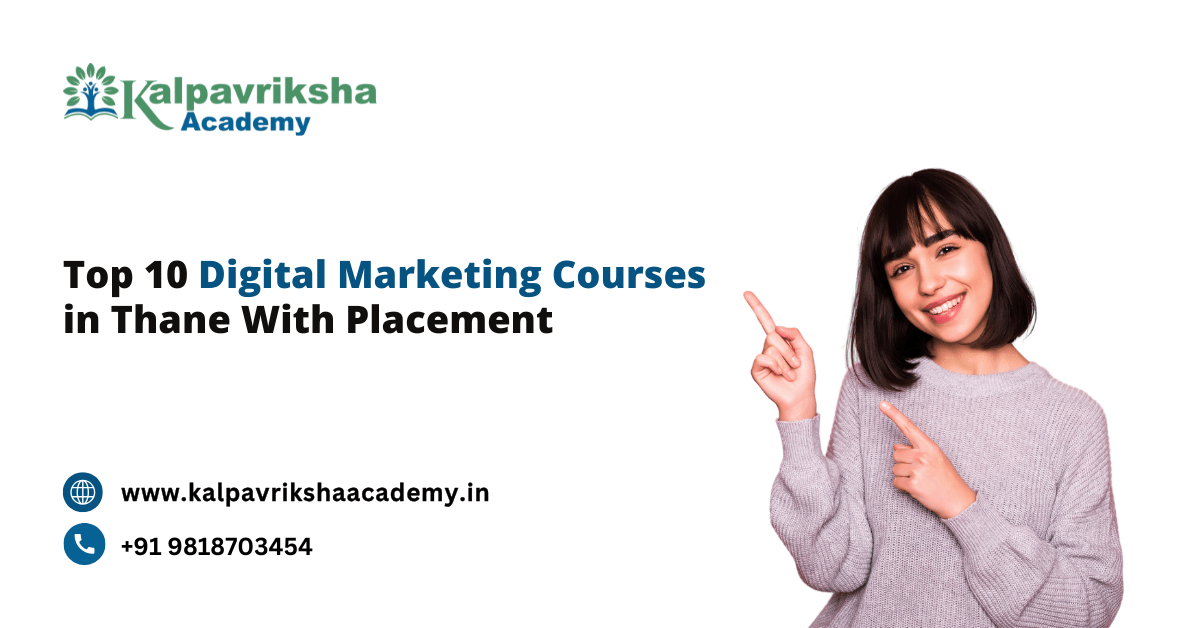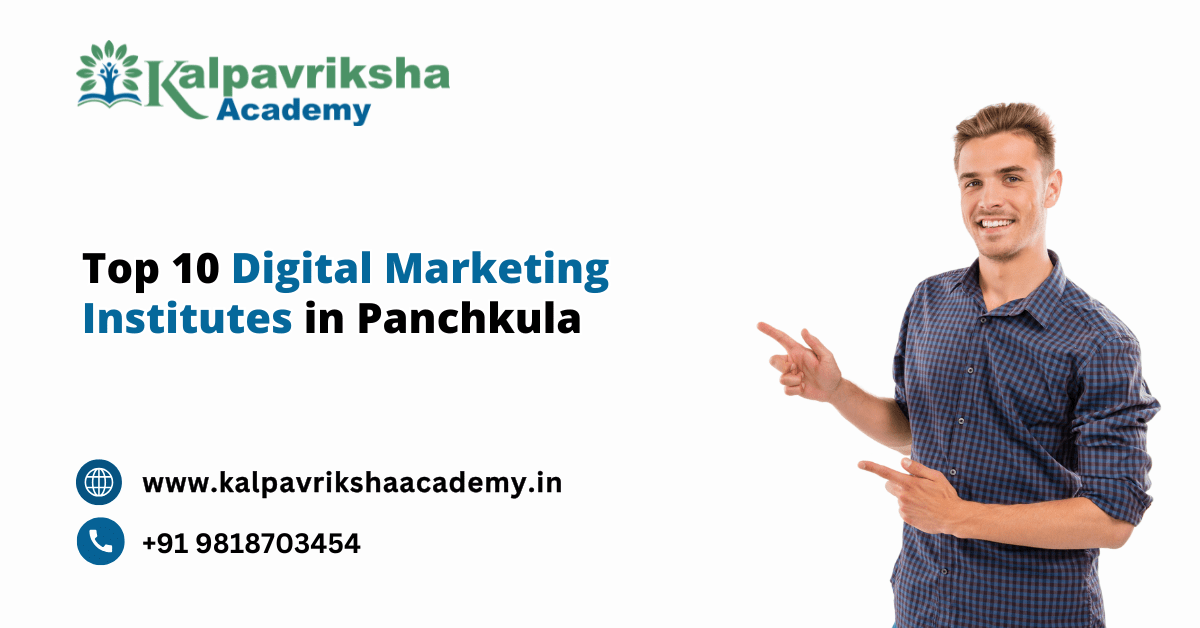A Beginner’s Guide to Content Marketing and SEO
In today’s digital age, where the internet reigns supreme, mastering the art of content marketing and search engine optimization (SEO) can be your golden ticket to online success. Whether you’re an entrepreneur, a small business owner, or a seasoned marketer, understanding how to create content that ranks on Search Engine Results Pages (SERPs) is crucial. In this article, we’ll break down the fundamentals of content marketing and SEO in simple terms, helping you navigate the intricacies of these powerful tools.
Understanding Content Marketing and SEO:
Let’s start with the basics. Content marketing is the strategic approach of creating and distributing valuable, relevant, and consistent content to attract and retain a clearly defined audience. This content can take various forms, including blog posts, articles, videos, infographics, podcasts, and social media posts. The primary goal of content marketing is to engage with your target audience, build brand awareness, establish authority, and ultimately drive profitable customer action.
On the other hand, SEO is the process of optimizing your online content to improve its visibility and ranking on search engine results pages. By understanding how search engines work and what users are searching for, you can optimize your content to align with these queries and increase your chances of appearing at the top of the search results. SEO encompasses various techniques, including keyword research, on-page optimization, link building, and technical optimizations, all aimed at improving your website’s organic traffic.
How Content Marketing Essentials to Grow Business online?
The Relationship Between Content Marketing and SEO:
Content marketing and SEO go hand in hand, forming a symbiotic relationship that can significantly boost your online presence. High-quality content is the backbone of any successful SEO strategy. Without compelling and relevant content, there’s nothing for search engines to rank. Conversely, SEO helps ensure that your content gets discovered by the right audience at the right time. By optimizing your content for relevant keywords and search intent, you increase its visibility and drive organic traffic to your website.
Researching Keywords and Topics:
Keyword research is a crucial aspect of both content marketing and SEO. It involves identifying the terms and phrases that people are using when searching for information related to your industry, products, or services. By conducting thorough keyword research, you can uncover valuable insights into your target audience’s preferences, pain points, and search behavior.
Start by brainstorming a list of relevant topics and keywords that are related to your business. Then, use keyword research tools like Google Keyword Planner, SEMrush, or Ahrefs to expand your list and identify high-volume, low-competition keywords. Look for keywords with a good balance of search volume and relevance to your content.
Creating High-Quality Content:
Once you’ve identified your target keywords and topics, it’s time to create high-quality content that resonates with your audience. Your content should be informative, engaging, and valuable to your target audience. Focus on addressing their needs, answering their questions, and providing solutions to their problems.
When creating content, aim for originality and authenticity. Avoid copying content from other sources or resorting to keyword stuffing tactics. Instead, strive to offer unique insights, fresh perspectives, and compelling storytelling that sets your content apart from the competition.
Optimizing Content for Search Engines:
After creating your content, it’s essential to optimize it for search engines to maximize its visibility and ranking potential. On-page optimization involves optimizing various elements of your content, including title tags, meta descriptions, headings, and body copy, to align with your target keywords and improve relevance.
Additionally, pay attention to technical SEO aspects such as site speed, mobile-friendliness, and crawlability. Ensure that your website is accessible to search engine bots and provides a seamless user experience across all devices.
Promoting Your Content:
Creating great content is only half the battle. To maximize its impact, you need to promote it effectively across various channels. Share your content on social media platforms, email newsletters, industry forums, and online communities to reach a wider audience and drive traffic back to your website.
Consider collaborating with influencers, industry experts, or other content creators to amplify your reach and attract more attention to your content. Remember to tailor your promotional efforts to the preferences and behaviors of your target audience for optimal results.
Analyzing Performance and Iterating:
Finally, don’t forget to track and analyze the performance of your content regularly. Use web analytics tools like Google Analytics to monitor key metrics such as traffic, engagement, conversion rates, and keyword rankings. Identify what’s working well and what needs improvement, then use these insights to iterate and refine your content marketing and SEO strategies over time.
Conclusion
In conclusion, mastering the art of content marketing and SEO is essential for anyone looking to succeed in the competitive online landscape. By understanding the fundamentals of these disciplines and implementing best practices, you can create content that not only ranks highly on SERPs but also resonates with your target audience and drives meaningful results for your business.
Whether you’re a beginner looking to learn the ropes or a seasoned pro seeking to refine your skills, investing in an online SEO course or content marketing course by kalpavriksha academy can provide you with the knowledge and tools you need to succeed. With dedication, creativity, and strategic planning, you can leverage the power of content marketing and SEO to elevate your online presence and achieve your business goals.
FAQ’s
1)What is content marketing?
Content marketing is a strategic approach focused on creating and distributing valuable, relevant, and consistent content to attract and retain a clearly defined audience. It aims to engage with the audience, build brand awareness, establish authority, and ultimately drive profitable customer action.
2)What is SEO (Search Engine Optimization)?
SEO is the process of optimizing your online content to improve its visibility and ranking on search engine results pages (SERPs). It involves various techniques such as keyword research, on-page optimization, link building, and technical optimizations to increase organic (non-paid) traffic to your website.
3)How does content marketing relate to SEO?
Content marketing and SEO are closely intertwined. High-quality content is essential for a successful SEO strategy, as search engines need something valuable to rank. Conversely, SEO helps ensure that your content gets discovered by the right audience by optimizing it for relevant keywords and search intent.
4)What is a content marketing strategy?
A content marketing strategy is a plan that outlines how an organization will use content to achieve its marketing goals. It includes elements such as audience research, content creation, distribution channels, promotion tactics, and performance measurement.
5)How do you research keywords and topics for content marketing and SEO?
Start by brainstorming topics related to your industry, products, or services. Then, use keyword research tools like Google Keyword Planner to identify high-volume, low-competition keywords relevant to your content. Look for keywords that align with your target audience’s search queries and intent.










